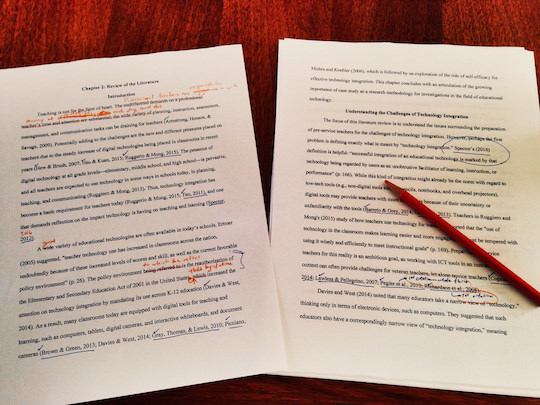My sister was 17 years old when she finished a high school apprenticeship on Industrial Chemistry. Since we were both little girls we talked about going to Medical School so we could be surgeons, mostly because we grew up watching our parents work in the medical field. But it wasn’t until the day before enrolment day, that my sister decided to let my parents know that her dream was not to be a doctor, but to work in TV and communications, she wanted to study journalism. So after my mom not talking to her for two months, getting a job and learn how to use public transport, my sister finally entered the world of journalism, a world that I was very ignorant towards until that moment.
The American Press Institute defines journalism as the activity of gathering, assessing, creating, and presenting news and information. So journalism involves the whole process of making certain information available for people.
The purpose of journalism
So why does journalism exists? What gave a start to this interesting career? The purpose of journalism can be reduced to inform people, maintaining them connected to their community, and the world. Journalists are responsible for finding the pieces of information (Stories, results, announcements) that are relevant to the people in the community. They are the responsible for extracting the information, processing it and making sure that it is communicated in a relevant way and also in a way that can be understood by people.
In Europe early journalism involved things like political, military and economic news, same as in ancient times when news were spread through messengers and letters even if it wasn’t a career or known as such.
Journalism then asks itself the question, “what do people need to know?” and “what would people want to know?”
Types of journalists
There are a few types of journalists according to their focus, which could be economics, social, political and show business or showbiz. These people specialise in certain topics and build the necessary connections for them to gather such information.
Depending on their contract with the news company, journalists can work as freelance, which is when they casually write for a specific newspaper or magazine, or as reporters as a contract base worker for a specific news program, newspaper or magazine. It is important to consider that because of the extent of the journalism career, someone who studied Journalism can also work as an editor, news supervisor and assist with TV direction in different levels.
Spoken Information
According to the form in which they are delivered, news could be classified in written and spoken news. Each of them requires different skills from the journalist and reaches a different audience.
Amongst spoken news, we could mention TV and radio, for which a spokesperson is usually required considering the image and voice that the company wants to be identified with. The advantages of this method is that as a journalist you have much more possibilities of making yourself known. The downside of this is that many times the covering could be live, which involves little or no margin for mistakes and a lot of pressure.
When it comes to written news, we could mention the newspaper, digital news and magazines. Funny enough all of these cover different audiences, with digital news being the winner amongst the three when it comes to number of readers. For those who would want to work with written news, writing skills are a requirement, but image and voice tone are not.
News Ethics
Sadly Journalists throughout history have been accused of spreading fake news or slightly change events for the sake of expanding the audience and catching the attention of people. But it would be good to make it clear, that while a journalist is meant to find breaking news or topics of interest and communicate them in a way that is relevant and catchy, their career does not require them to make up stories or exaggerate them.
The problem of fake news, specially in the digital sphere, is a huge problem these days, with people who are only interested in making money, sharing morbid information through the internet and social media. The problem with the digital world is that little or no supervision is present when it comes to posting information, and such supervision is usually stronger in written media.
But the reality is that all journalists can misuse information for their sake, but if you find yourself in front of that opportunity, I would encourage you to remember the purpose of journalism, to inform people, maintaining them connected to their community, and the world, hopefully in a positive way or in a way that can bring change to society.
What else do you know about journalism? Is it a career you would choose? Let us know!


